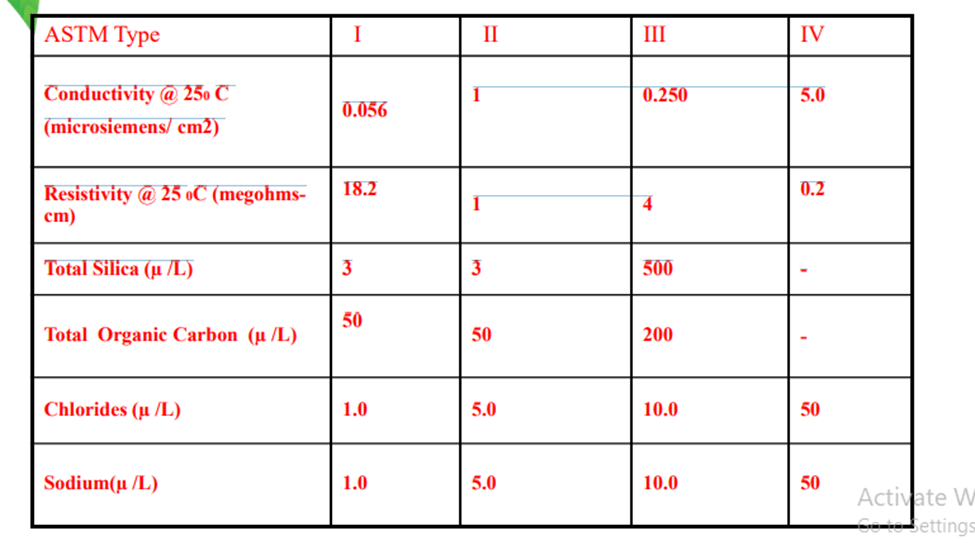Laboratory water plays a crucial role in various scientific applications as the quality and purity of water directly impacts the reliability and accuracy of experimental results. The American Society for Testing Material (ASTM) defines specific specifications for high purity water grades based on the application requirements. In this article, we will explore the different grades of laboratory water and emphasize upon the significance of utilizing advanced lab water purification systems.
Understanding the Grades of Laboratory Water
- Laboratory Grade Water Type 3
Recommended for Glassware Rinsing and General Applications
Laboratory Grade Water Type III is the lowest laboratory water grade as defined by the ASTM. It is suitable for applications such as glassware rinsing, filling autoclaves, heating baths, and as a source for Type 1 lab water systems. Additionally, it can be used in situations where a large quantity of pure water is required, but low purity is acceptable such as for the makeup of synthetic test solutions.
- Laboratory Grade Water Type 2
Versatile Water for General Laboratory
Laboratory Grade Water Type 2 is commonly employed in general laboratory applications. It finds utility in preparing buffers, pH solutions, microbiological culture media and acts as a feed to Type 1 water systems. Furthermore, it is utilized in clinical analyzers, cell culture incubators, weathering test chambers and for the preparation of reagents needed for chemical analysis or synthesis.
- Laboratory Grade Water Type 1
Essential for Critical Laboratory Applications
Laboratory Grade Water Type 1 is the highest purity grade required for critical laboratory procedures. Its applications include HPLC mobile phase preparation, sample dilution in advanced analytical techniques like GC, HPLC, AA, and ICP-MS as well as the preparation of buffers and culture media for mammalian cell culture and IVF. It is also indispensable for molecular biology applications such as DNA sequencing, PCR and solutions used in electrophoresis and blotting.
The Importance of Lab Water Purification Systems
To meet the stringent purity requirements of laboratory water, the implementation of reliable lab water purification systems is essential. These systems utilize advanced technologies to remove impurities and contaminants, ensuring the production of consistently high-quality water for scientific experiments. By investing in a lab water purification system, researchers and scientists can safeguard the integrity and accuracy of their results.
Conclusion
Laboratory water specifications as defined by ASTM, provide guidance on the required purity for various scientific applications. Understanding the distinct grades of laboratory water and the importance of employing lab water purification systems is crucial for researchers aiming to achieve reliable and reproducible results. By prioritizing the quality of their lab water, scientists can enhance the accuracy of their experiments and contribute to advancements in scientific research.
The table below outlines the common laboratory water specifications based on the recommendations of ASTM







